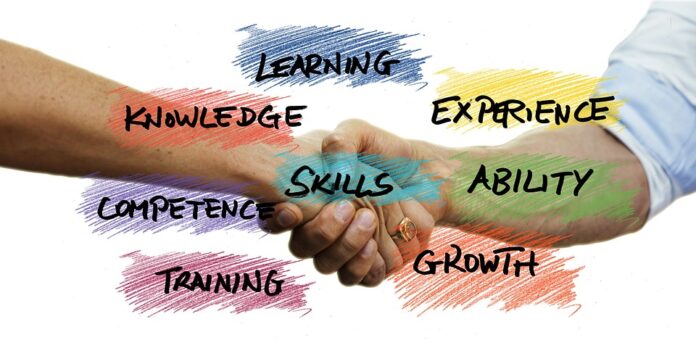Nonprofit organizations (NGOs) play a crucial role in addressing social issues, providing essential services, and advocating for change. However, many NGOs face challenges such as limited resources, inefficiencies, and difficulties in measuring impact. With the advancement of technology, particularly artificial intelligence (AI), NGOs have the opportunity to revolutionize their operations and maximize their impact.
The Potential of AI in the Nonprofit Sector
AI has the potential to transform the nonprofit sector in various ways. By leveraging AI technologies, NGOs can improve efficiency, enhance decision-making, personalize donor engagement, and increase their ability to drive social change.
Enhanced Efficiency
AI can automate repetitive tasks, streamline processes, and analyze data at a faster rate than humans. This allows NGOs to operate more efficiently, reduce operational costs, and focus on their core mission activities.
Improved Decision-Making
AI can analyze vast amounts of data to identify trends, patterns, and insights that can inform strategic decision-making. This enables NGOs to make data-driven decisions that are more effective and impactful.
Personalized Donor Engagement
AI can help NGOs personalize their donor engagement strategies by analyzing donor behavior, preferences, and giving patterns. This allows NGOs to tailor their communication and fundraising efforts to better connect with donors and inspire them to support their cause.
Increased Social Impact
By leveraging AI technologies, NGOs can optimize their programs and services to better meet the needs of their beneficiaries. This can result in greater social impact, improved outcomes, and more efficient use of resources.
Challenges and Opportunities
While AI offers significant benefits to NGOs, there are also challenges that organizations must consider. These include concerns about data privacy, lack of resources, and the need for specialized skills. However, there are also opportunities for NGOs to collaborate with tech companies, share best practices, and invest in training and capacity building.
Conclusion
Overall, AI has the potential to revolutionize the nonprofit sector and empower NGOs to achieve greater social impact. By embracing AI technologies, NGOs can enhance their efficiency, improve decision-making, personalize donor engagement, and increase their ability to drive social change. It is essential for NGOs to prioritize AI integration and invest in the necessary resources and skills to maximize the benefits of this transformative technology.
FAQs
1. What are some examples of AI applications for NGOs?
Some examples of AI applications for NGOs include predictive analytics for fundraising, chatbots for donor engagement, image recognition for disaster response, and natural language processing for program evaluation.
2. How can NGOs address concerns about data privacy when using AI?
NGOs can address concerns about data privacy by implementing robust data protection policies, obtaining consent from donors and beneficiaries, ensuring data security measures are in place, and complying with relevant regulations such as GDPR.
3. What resources are available for NGOs interested in adopting AI?
There are various resources available for NGOs interested in adopting AI, including online courses, workshops, webinars, and toolkits provided by organizations such as DataKind, TechSoup, and the Stanford Social Innovation Review.









